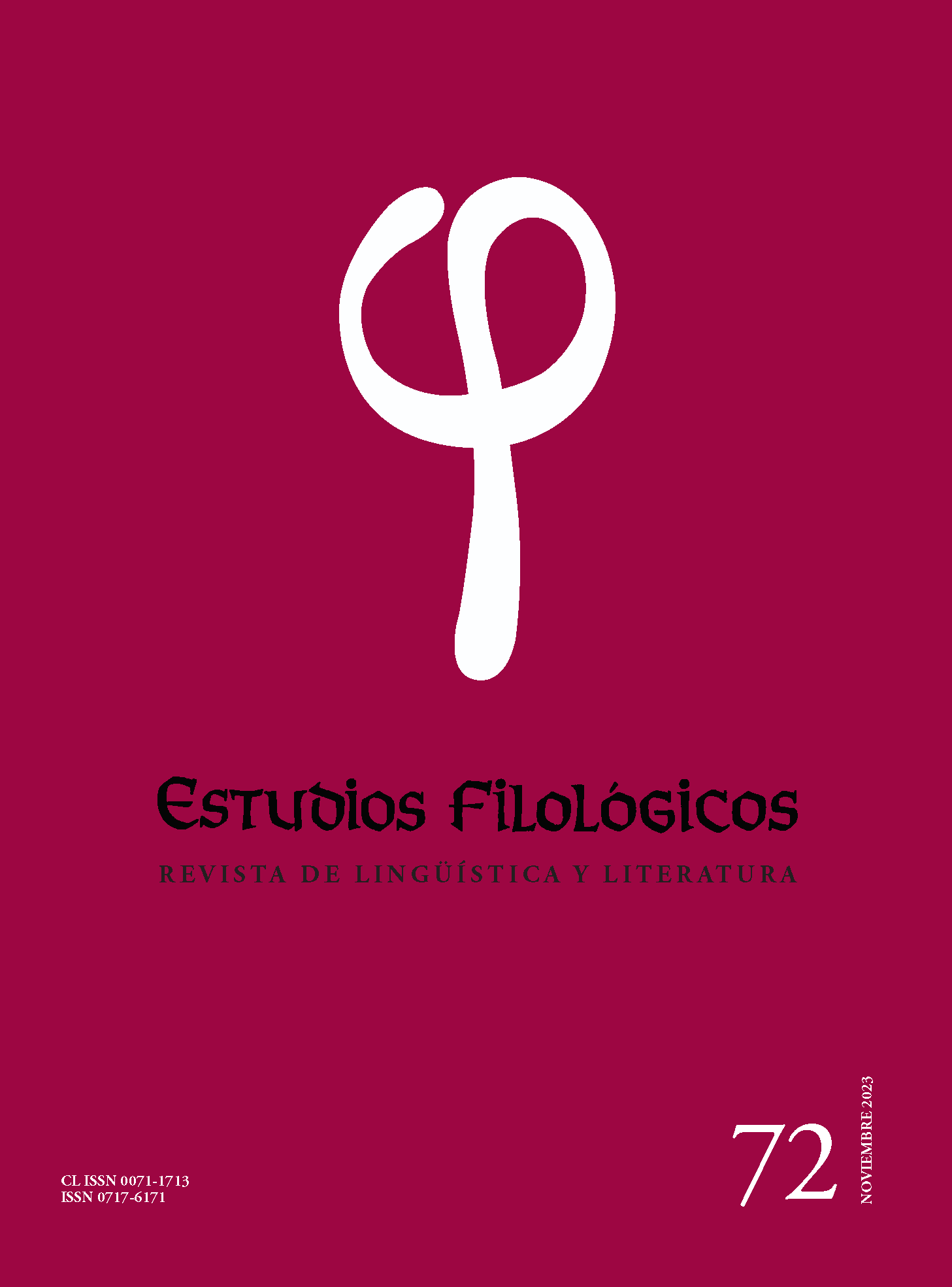Prosodic performance in reading aloud in children with autism spectrum disorder
Main Article Content
Abstract
Prosody is an linguistic ability with a fundamental communicative function and this deficit constitutes an integral part of the communication disorder in children with Autism Spectrum Disorder (ASD). The present research pretended to describe and compare the prosodic performance in reading aloud in fourth-grade typical children with good and low reading performance, and children with ASD. Therefore, a phonetic acoustic analysis of the prosodic variables duration, intonation and pauses was carried out in 25 fourth-year students, divided into three study groups, and their statistical support was evaluated. The main results showed statistically that the prosodic performance of students with ASD and with low reading performance differ significantly from the prosodic performance of typical children with good reading performance. Moreover, students with ASD and poor reading performance didn’t show statistically significant differences in prosodic performance.

